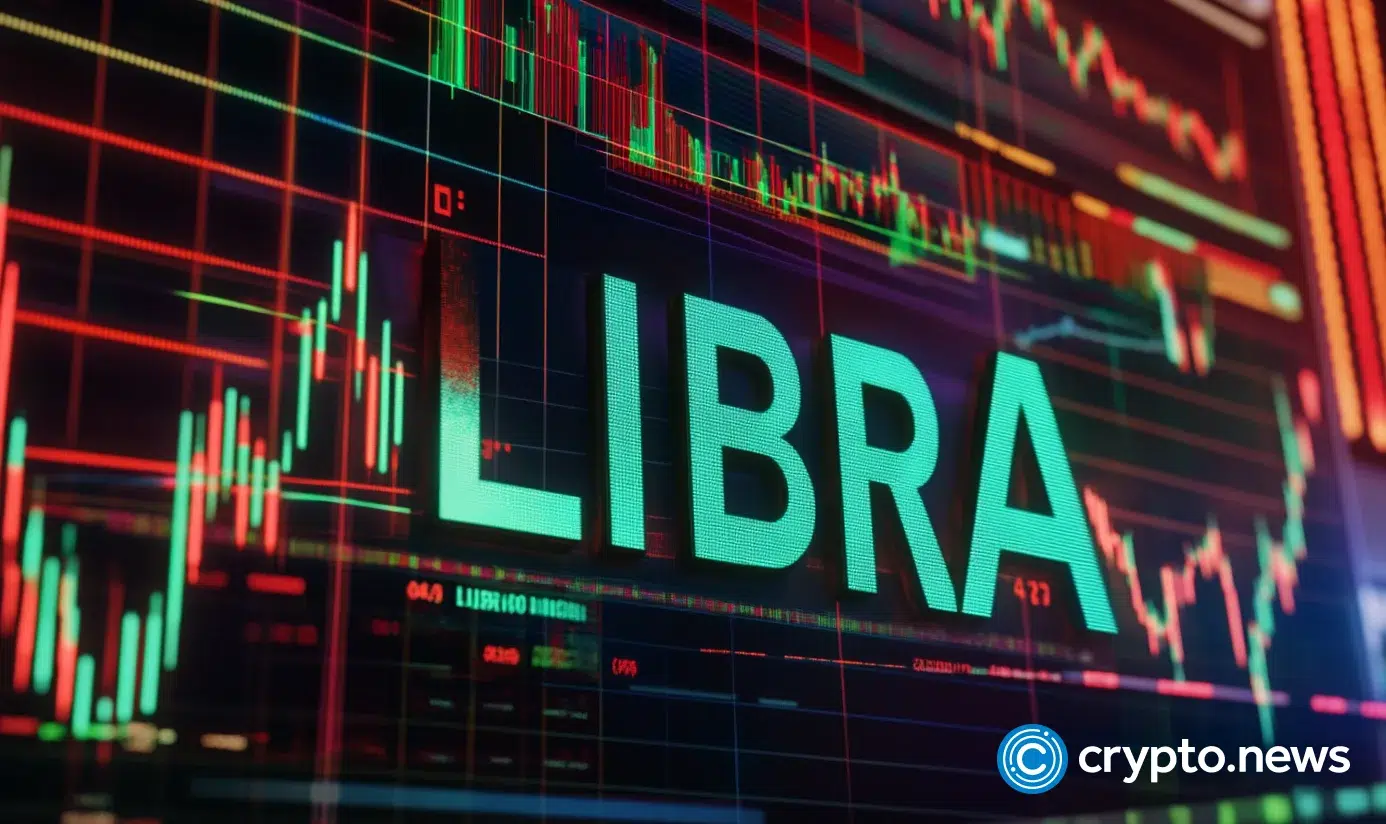Argentina’s Chamber of Deputies has approved a formal investigation into the LIBRA memecoin scandal after the token’s collapse wiped out over $280 million in value from nearly 75,000 traders.
In a special session held Apr. 8, lawmakers backed three resolutions aimed at uncovering the truth behind the controversial token’s launch and rapid crash. The first resolution establishes an investigative commission to probe the LIBRA scandal, approved with 128 votes in favor.
Lawmakers also voted to summon top government officials, including chief of staff Guillermo Francos, economy minister Luis Caputo, justice minister Mariano Cúneo Libarona, and National Securities Commission head Roberto Silva, for questioning.
A third resolution requests detailed reports from the executive branch about LIBRA’s development and the government’s role in its promotion. All three measures passed with strong support despite resistance from some members of the ruling La Libertad Avanza party.
The opposition called for transparency and accountability. “Society has the right to know the truth,” said Maximiliano Ferraro, a lawmaker from the Civic Coalition. Others warned of executive overreach and urged respect for judicial processes.
The LIBRA scandal unfolded on Feb. 14 when President Javier Milei promoted LIBRA on X, calling it a way to “boost the Argentine economy.” The token immediately surged over 3,000% before crashing 90% hours later after Milei deleted the post and claimed he was unaware of the token’s details. His government later downplayed the promotion as routine support for entrepreneurship.
Investigations later revealed that insiders, including Kelsier Ventures, might have accessed tokens and manipulated liquidity before launch, making over $110 million in profits. A series of lawsuits have been filed against key figures in the token’s creation.
In one of them, on Mar. 18, Burwick Law filed a class-action lawsuit in New York against Kelsier Ventures, KIP Protocol, and Meteora, alleging deceptive practices, liquidity manipulation, and fraud. Court documents state that developers withheld 85% of the token supply, enabling insiders to drain liquidity at launch while retail investors were misled with promises of economic revival.
The scandal has led to a political backlash. Lawmakers across opposition blocs argue that President Milei’s handling of the situation undermines his anti-corruption stance. This could hurt his credibility ahead of Argentina’s midterm elections later this year.
You can contact us for more informations or ads here [email protected]

